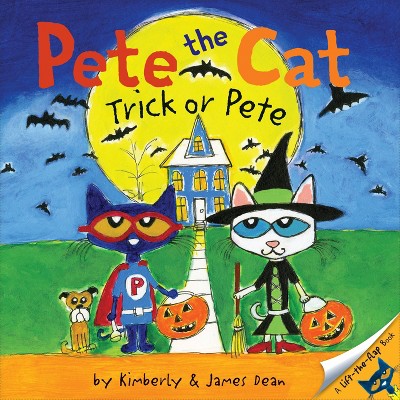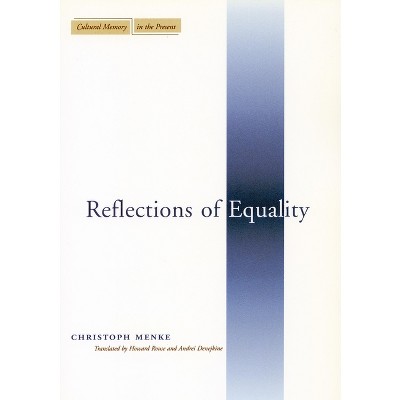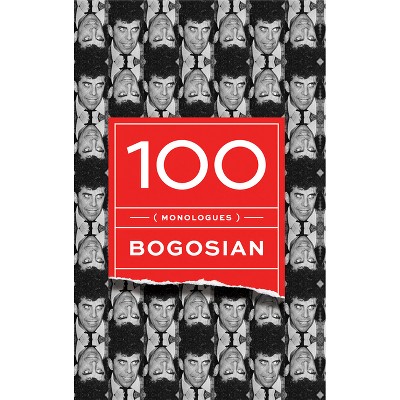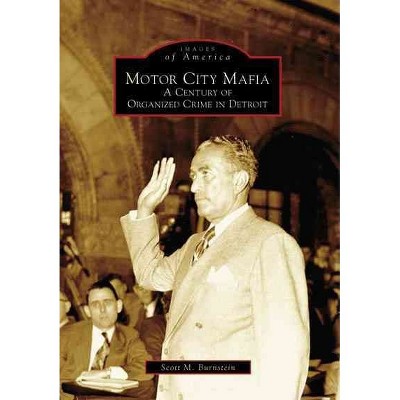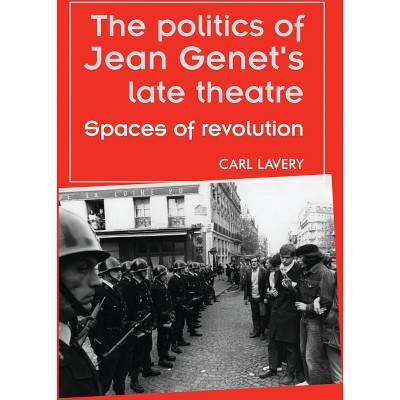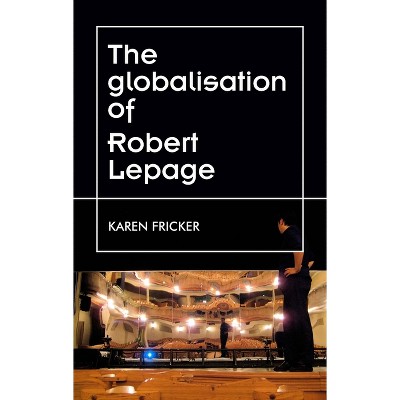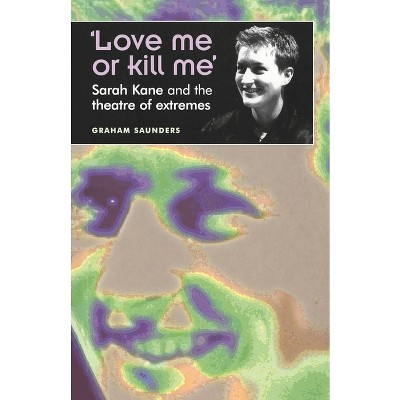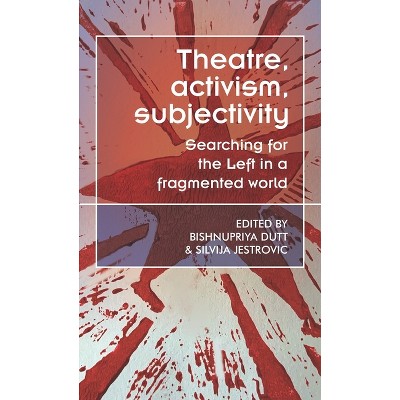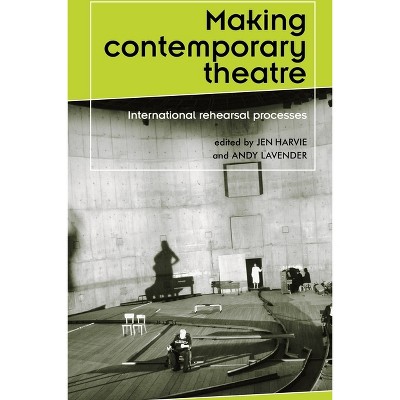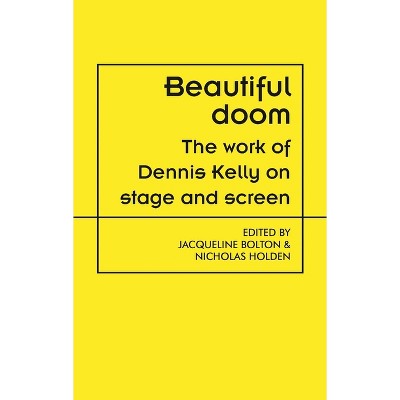Sponsored

Foucault's Theatres - (Theatre: Theory - Practice - Performance) by Tony Fisher & Kélina Gotman (Paperback)
In Stock
Sponsored
About this item
Highlights
- The volume contributes to a new articulation of theatre and performance studies via Foucault's critical thought.
- About the Author: Tony Fisher is Reader in Theatre and Philosophy and Associate Director of Research at the Royal Central School for Speech and Drama, University of London Kélina Gotman is Senior Reader in Theatre and Performance Studies at King's College London and Hölderlin Guest Professor in Comparative Dramaturgy at the Goethe Universität Frankfurt
- 264 Pages
- Literary Criticism, Semiotics & Theory
- Series Name: Theatre: Theory - Practice - Performance
Description
About the Book
This book opens up innovative ways of reading philosophy 'theatrically', contributing to a new articulation of theatre and its relation to critical thought.Book Synopsis
The volume contributes to a new articulation of theatre and performance studies via Foucault's critical thought. With cutting edge studies by established and emerging writers in areas such as dramaturgy, film, music, cultural history and journalism, the volume aims to be accessible for both experienced researchers and advanced students encountering Foucault's work for the first time. The introduction sets out a thorough and informative assessment of Foucault's relevance to theatre and performance studies and to our present cultural moment - it rereads his profound engagement with questions of truth, power and politics, in light of previously unknown writings and lectures set in relation to current political and cultural concerns. Unique to this volume is the discovery of a 'theatrical' Foucault - the profound affinity of his thinking with questions of performativity. This discovery makes accessible the 'performance turn' to readers of Foucault, while opening up ways of reading Foucault's oeuvre 'theatrically'.From the Back Cover
Michel Foucault's work is immensely influential in theatre and performance studies. This volume is the first to offer a critical appraisal of this groundbreaking thinker from the perspective of contemporary theatre and performance scholarship. It will be of vital interest to scholars and students concerned with the way Foucault's work enables us to examine the multiple intersections of theory, philosophy, politics, power, history, and aesthetics in relation to theatre. It also offers dynamic new readings of Foucault's work of interest to Foucault scholars in other fields. With cutting edge studies by established and emerging writers in areas such as dramaturgy, film, music, cultural history, and journalism, the volume aims to be accessible for advanced students encountering Foucault's work for the first time. The introduction sets out a thorough and informative assessment of Foucault's relevance to theatre and performance studies and to our present cultural moment. Indeed, while Foucault's work has long been celebrated for incisively critiquing structures of power and discipline, gender and discourse, a new body of work published over the last decade has shed considerable new light on the complexities and, importantly for this volume, the theatricality inherent to his thought. Unique to this volume is the discovery of this 'theatrical' Foucault - the profound affinity his thinking has methodologically with questions of performativity. This discovery makes accessible the 'performance turn' to readers of Foucault and, in doing so, opens up ways of reading Foucault's philosophy 'theatrically'.Review Quotes
This book comes at a time when Foucault's concerns with power, truth and knowledge could not be more pressing. So the focus here is on Foucault as a theatrical thinker. Taking the philosopher 'at his word', essays deploy the tropes and optics of theatre to examine Foucault's own methods and the practices of governance and workings of power he made it his life's work to engage with. Demonstrating different ways of responding to the question that underpinned so much of Foucault's project: 'What are the practices that permit the daily work of desubjugation?' the possibilities voiced here could not be more pertinent; a fortification against the perils of the day.
Jane Rendell, Professor of Critical Spatial Practice, The Bartlett School of Architecture, UCL.
About the Author
Tony Fisher is Reader in Theatre and Philosophy and Associate Director of Research at the Royal Central School for Speech and Drama, University of London
Kélina Gotman is Senior Reader in Theatre and Performance Studies at King's College London and Hölderlin Guest Professor in Comparative Dramaturgy at the Goethe Universität FrankfurtShipping details
Return details
Trending Paperback Books


